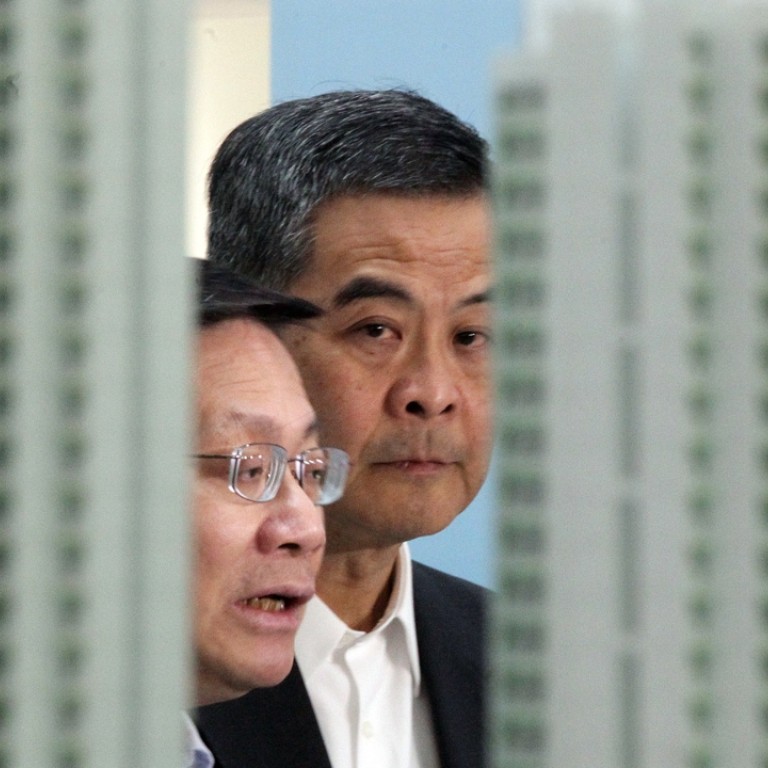
The government needs to cater for the housing needs of Hong Kong’s young graduates
Victor Fung says there’s plenty of space to develop more subsidised housing projects, despite what officials have been claiming
Not so long ago, university graduates in Hong Kong received good job offers, were able to buy a flat three to four years after graduation and lived a happy middle-class life. This picture, however, has changed starkly.
Most graduates of tertiary institutions today do not end up with nice jobs and can’t afford to buy their own home. Many of them resort to applying for public housing. Nevertheless, the waiting time is between four and seven years, if they are eligible.

According to government figures released on January 6, applications for public housing by non-elderly singletons with tertiary education totalled about 140,000, or 46 per cent of all applicants. This is a staggering percentage.
The government’s target of a three-year waiting period for public housing is a misleading illusion, according to the Ombudsman, Connie Lau Yin-hing. She said the method used by the Housing Department to calculate the waiting time is flawed.
Official figures up to the end of June 2014 showed that 52 per cent of general applicants for public housing had to wait more than three years, while 27 per cent waited more than four years and 7 per cent had to wait more than five years. For families or singletons who were not prioritised, the waiting time was up to seven years. The Ombudsman has received 110 complaints about waiting times in the past four years.

That should be no excuse. With huge tracts of virgin land in the New Territories and on outlying islands, Hong Kong has never had a shortage of land. Such claims are politically motivated.
If graduates had a place of their own to live, they could focus more on their work and hence help increase Hong Kong’s economic productivity.
Secretary for Transport and Housing Anthony Cheung Bing-leung needs to see to it that more public housing units are built for our young graduates.
Victor Fung is a veteran journalist and an adjunct professor at Hong Kong Shue Yan University

